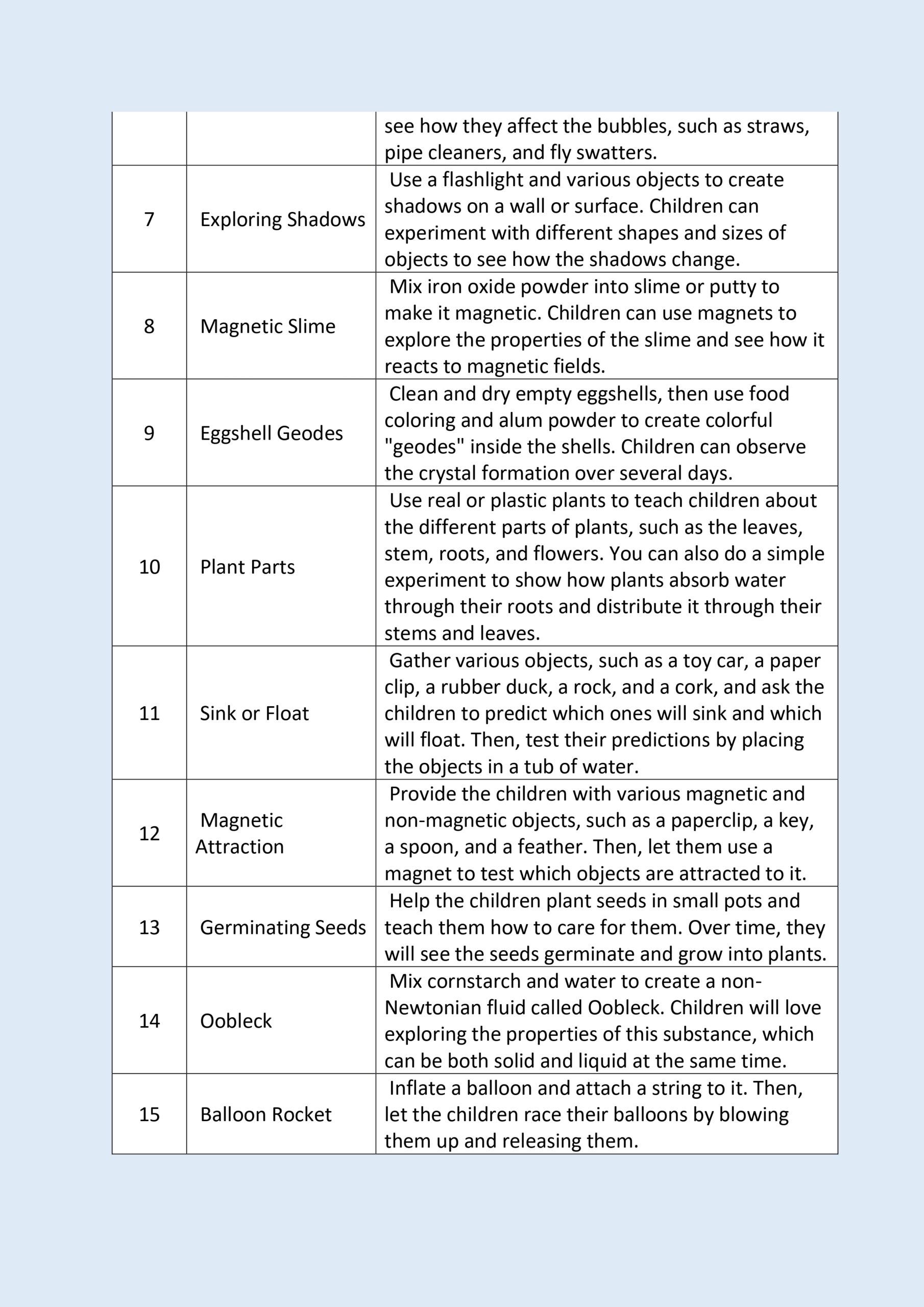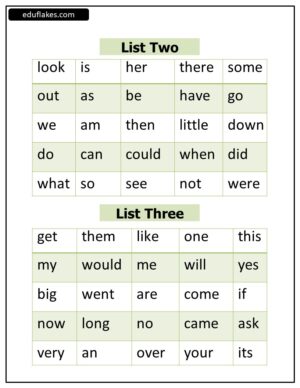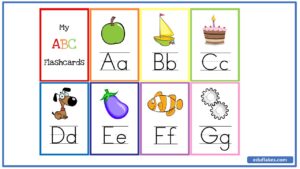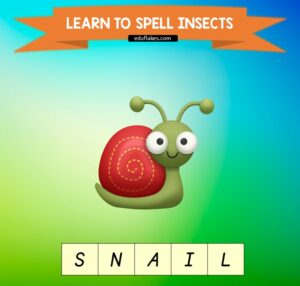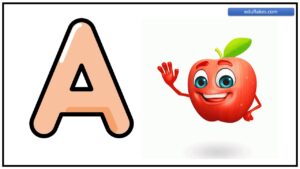Experiments are important for kindergarten students as they play a crucial role in developing their cognitive, social, and emotional skills. In this article, we will discuss why experiments are important for kindergarten students and how they can benefit from them.
- Experiments promote hands-on learning
Kindergarten students are tactile learners. They love to touch, feel, and explore the world around them. Experiments provide an excellent opportunity for them to engage in hands-on learning. By participating in experiments, they can interact with materials and equipment, observe, and analyze their outcomes, and learn from their experiences. This hands-on learning approach promotes a deeper understanding of the concepts being taught, which is especially important for young children who are still developing their cognitive skills.
- Experiments foster curiosity and creativity
Kindergarten students are naturally curious and love to explore the world around them. Experiments provide a safe and structured environment for them to explore their curiosity and creativity. By conducting experiments, they can ask questions, formulate hypotheses, and explore different possibilities. This fosters their creativity and encourages them to think outside the box. Furthermore, it also helps them develop problem-solving skills, which will be important for them in their academic and personal lives.
- Experiments encourage collaboration and teamwork
Kindergarten students are at a stage where they are still learning social skills. Experiments provide an opportunity for them to work collaboratively with their peers, learn how to share ideas and materials, and practice teamwork. This is an essential skill that they will need to succeed in their academic and personal lives. By working together, they can learn from each other and develop a sense of responsibility and accountability.
- Experiments promote scientific literacy
Kindergarten students are at an age where they are beginning to understand the basic principles of science. Experiments provide an excellent opportunity for them to learn about scientific concepts and principles in a fun and engaging way. By conducting experiments, they can learn about cause and effect relationships, observe patterns and trends, and develop critical thinking skills. This can help them develop a strong foundation for scientific literacy, which will be important for them in their future academic pursuits.
- Experiments help build confidence
Kindergarten students are at a stage where they are still developing their self-esteem and confidence. Experiments provide an opportunity for them to take risks, make mistakes, and learn from them. This can help them build confidence in their abilities and develop a positive attitude towards learning. Furthermore, by conducting experiments, they can see the tangible results of their efforts, which can be a great source of pride and motivation.
In conclusion, experiments are important for kindergarten students as they promote hands-on learning, foster curiosity and creativity, encourage collaboration and teamwork, promote scientific literacy, and help build confidence. By engaging in experiments, kindergarten students can develop a deeper understanding of the world around them, learn valuable skills, and develop a positive attitude towards learning.

